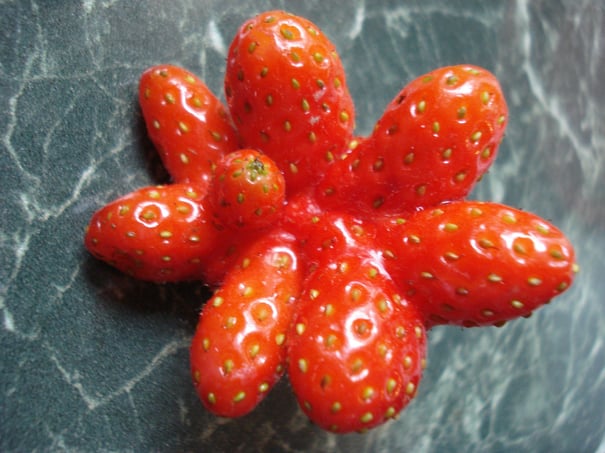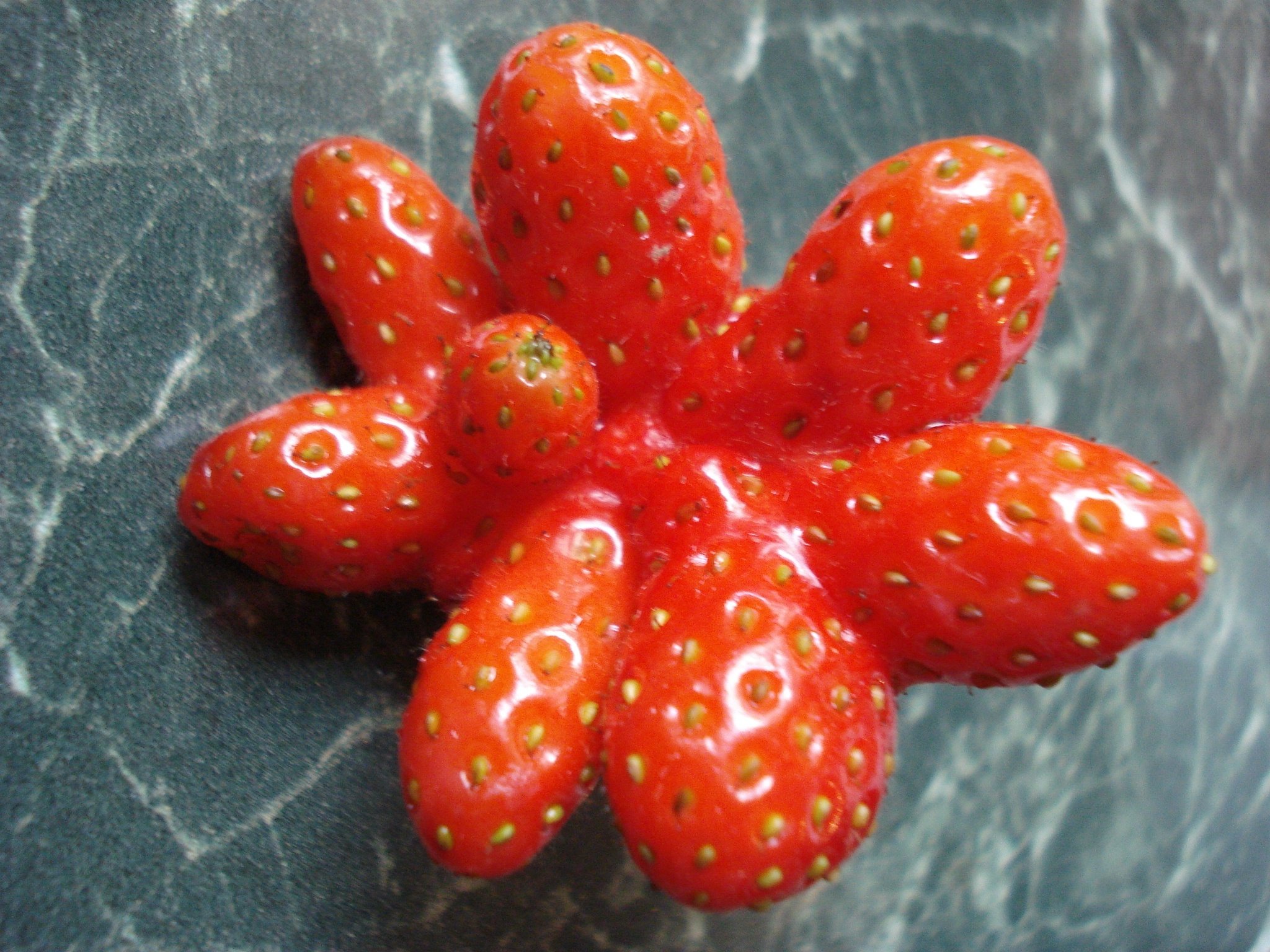In our recent examination of grocery stores’ efforts to eliminate packaging and food waste, we saw the vast amounts of consumable calories that go unused every year. A great deal of that waste comes from fresh produce, 20%-40% of which never even makes it to market according to the UN. While there are several reasons behind this waste, including pressure on farmers to meet order requirements, the main culprit is a misguided cosmetic standard that only allows the most perfect pieces to even enter the store.
Now, following successes in France, Italy, Portugal, Australia, and Great Britain, a burgeoning movement led by sustainability activist Jordan Figueiredo, is pressuring US grocery stores to commit to ordering and selling produce that is misshapen, discolored, or otherwise malformed—a category often referred to as “ugly produce.” After presenting grocers with a Change.org petition and hounding them on Twitter, he recently made inroads at Walmart and Whole Foods, both of which are testing ugly produce programs.
“From a cultural standpoint, it’s about valuing food," Figueiredo mused. “We don’t really value food enough to not waste it so much. But we’re at the very beginnings of progress.”
Neither Damaged nor Diseased
To be clear, we're not talking about diseased, rotting, or unripe fruits and vegetables. Rather, ugly produce results from root vegetables like carrots hitting and growing around obstructions in the dirt, fruits like strawberries not getting entirely pollinated and growing disproportionately, and other fruits like apples doing battle with such environmental forces as hail and insects.
Most retailers adhere to the USDA’s strict guidelines regulating produce’s cosmetic standards to determine its desirable size, shape, and color. But these guidelines are not law and are in fact part of the problem. For example, according to one farm manager, 30%-35% of potatoes are thrown out before they even reach the store “because of weird cosmetic things they have” such as silver scrub and hollow heart, both of which affect appearance but not taste or longevity. Culling these less attractive offerings also drives up the cost of food as somebody must pay for the waste.

Proudly Imperfect
But changes seem to be on the horizon. Whole Foods recently partnered with Imperfect Produce—a 2015 startup that already delivers imperfect produce to 2,200 Bay Area residents—to test an ugly produce program in several northern California locations. Customers in these stores find bags of Imperfect Produce, differentiated from Whole Foods famously fine fare, at a lower price point.
The partnership makes sense given Whole Foods’ clientele, which generally skews toward the environmentally conscious, and the store’s reputation for priciness (Whole Paycheck) because the savings for customers are twofold: they save food from the garbage heap and save money while doing it.
And Walmart Shall Lead the Way
Though perhaps not as natural a fit, Walmart has also gotten in on the game, introducing bundles of “I’m Perfect” apples and “Spuglies” potatoes. While the retailer happily celebrates doing its part in the war on waste, the lower price point drives the sale of these cosmetically-challenged products.
And that’s a big deal because if ugly fruit can sell at Walmart, which claims 1/3 of the nation’s grocery market, others are sure to follow suit. “If Walmart starts selling ugly produce it can make a huge impact across the board, because they change markets when they do things,” claimed Figueiredo in the weeks before the announcement.
The Future, like a Melon, Is in the Customer’s Hands
Meghan Stasz, Senior Director of Sustainability for the Grocery Manufacturers Association, believes customers are the ultimate arbitrator of what constitutes acceptable produce: “If consumers ask for it, we will certainly provide it, “she offered. “We’re seeing some great initiatives with pushes to educate consumers that the curved carrot is just as good as the perfectly shaped carrot.”


